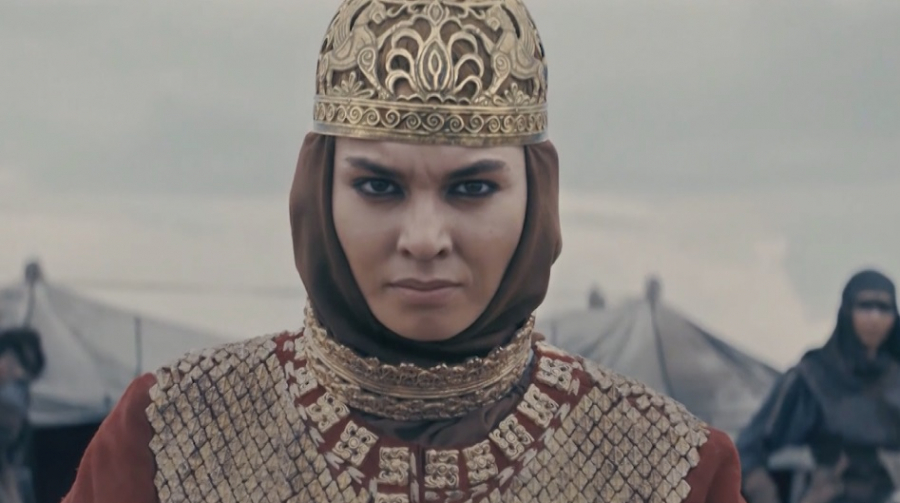
Military history in miniature - a modeler from Astana brings
dramatic battles, epic confrontations, and heroic wartime feats to life through
detailed dioramas. Serik Abdrakhmanov's collection features around 35 works.
What began as a simple hobby and a passion for history has since evolved into a
full-fledged profession.
«It all started with modeling clay - I used to sculpt little
soldiers and figurines. That hobby eventually led me to discover the art of
scale modeling and creating dioramas. At first, I bought ready-made figures and
modified some of them. The material was plastic. Now I use a two-component
putty - it’s similar to clay, hardens within an hour, and is easy to paint
using water-based acrylics. Sometimes I also rely on improvised materials -
toothpicks, cardboard, tree branches, or even some roots,» said Serik
Abdrakhmanov, Researcher at the National Museum of Kazakhstan.
Creating each piece takes the craftsman anywhere from a week
to several months, with most of the time devoted to fine detailing. Recreating
a hero’s face is one of the most intricate and time-consuming steps. Working at
a 1:35 scale, the modeler must capture eyes, ears, and even the tiniest
wrinkles on a five-centimeter figure. The process draws on historical
photographs, film stills, diagrams, maps, travelers’ accounts, and veterans’
memoirs. The works of this Astana-based modeler are held in collections across
Kazakhstan, Türkiye, Tajikistan, and the Netherlands - as well as in the
Military History Museum in Astana.
«A good modeler isn’t just someone who paints the equipment
correctly and places it where it belongs - it’s someone whose model, whose
diorama, tells a real story. They may spend a great deal of time on the
smallest detail, driven by a passion for accuracy and realism,» said Almas
Idrissov, Senior Specialist at the Military Historical Museum of the Armed
Forces of Kazakhstan.









